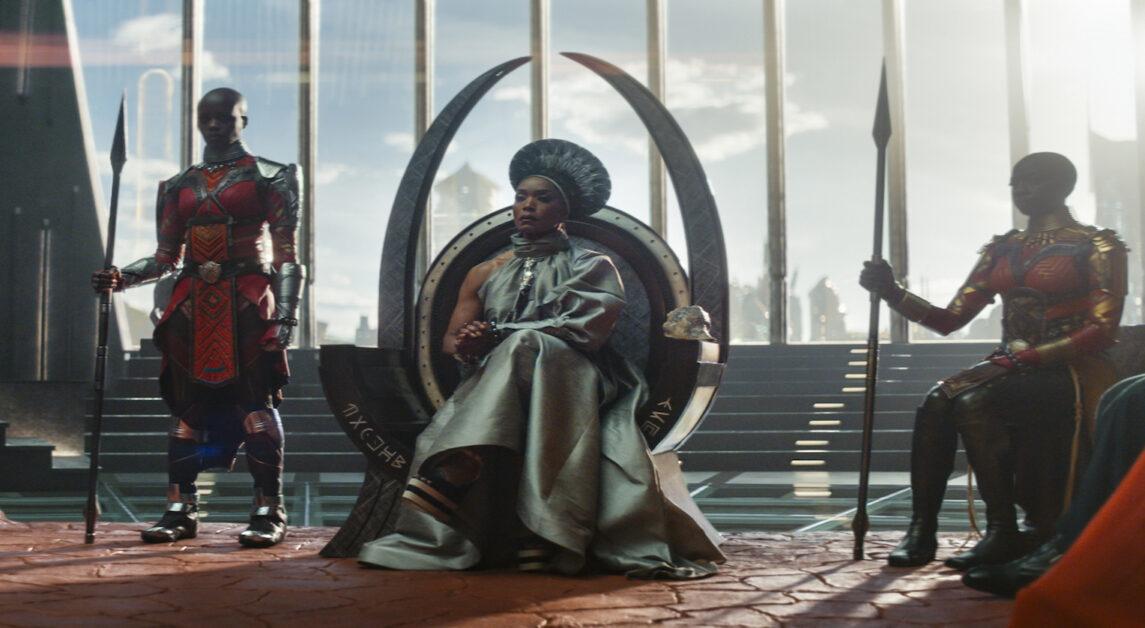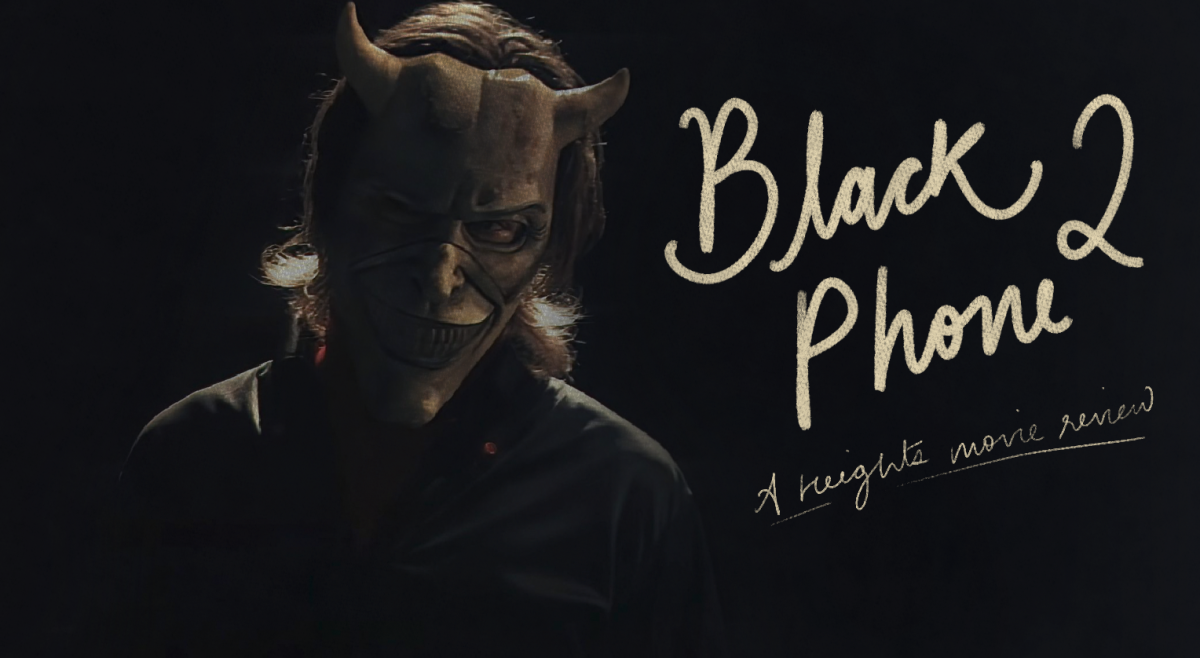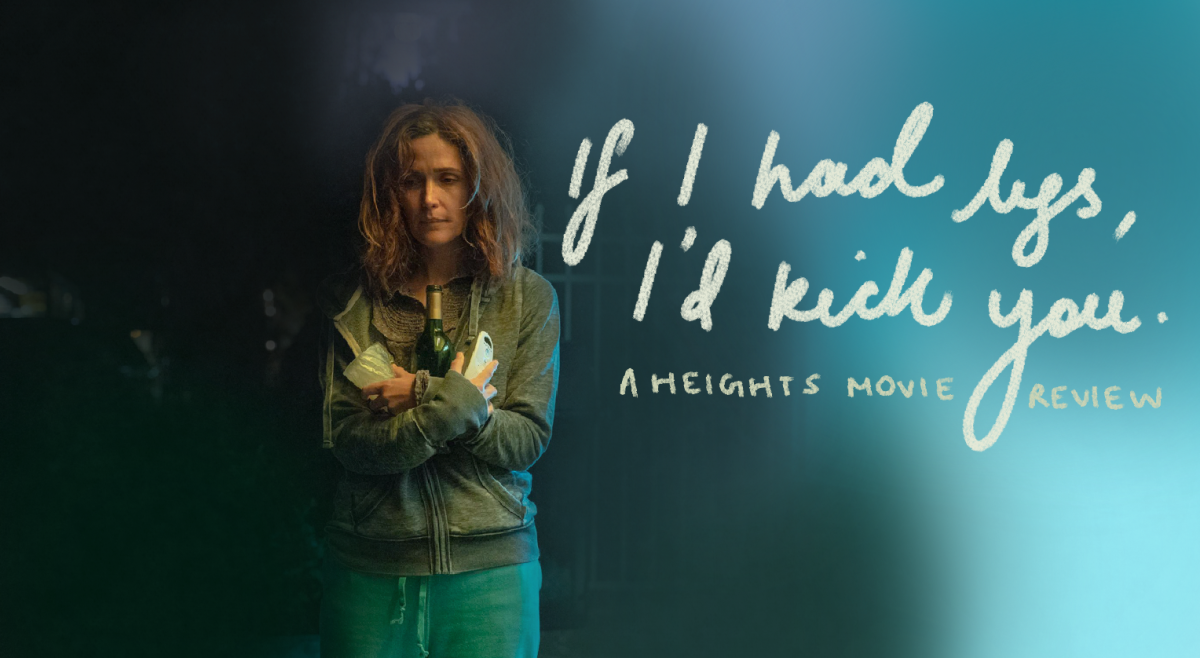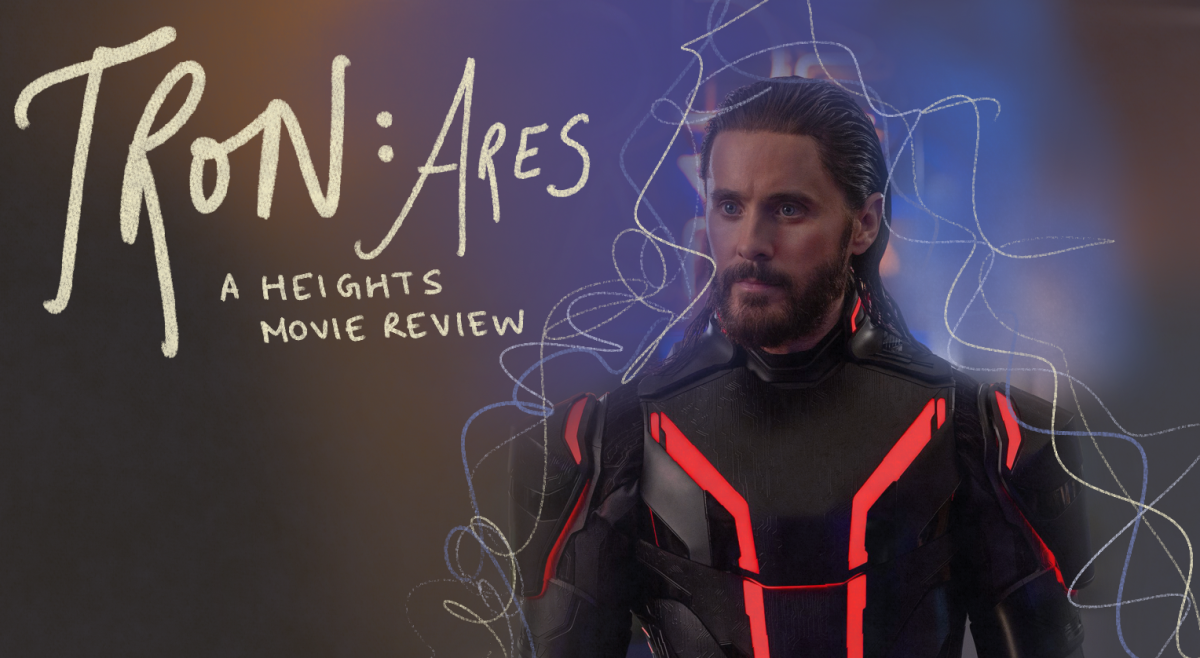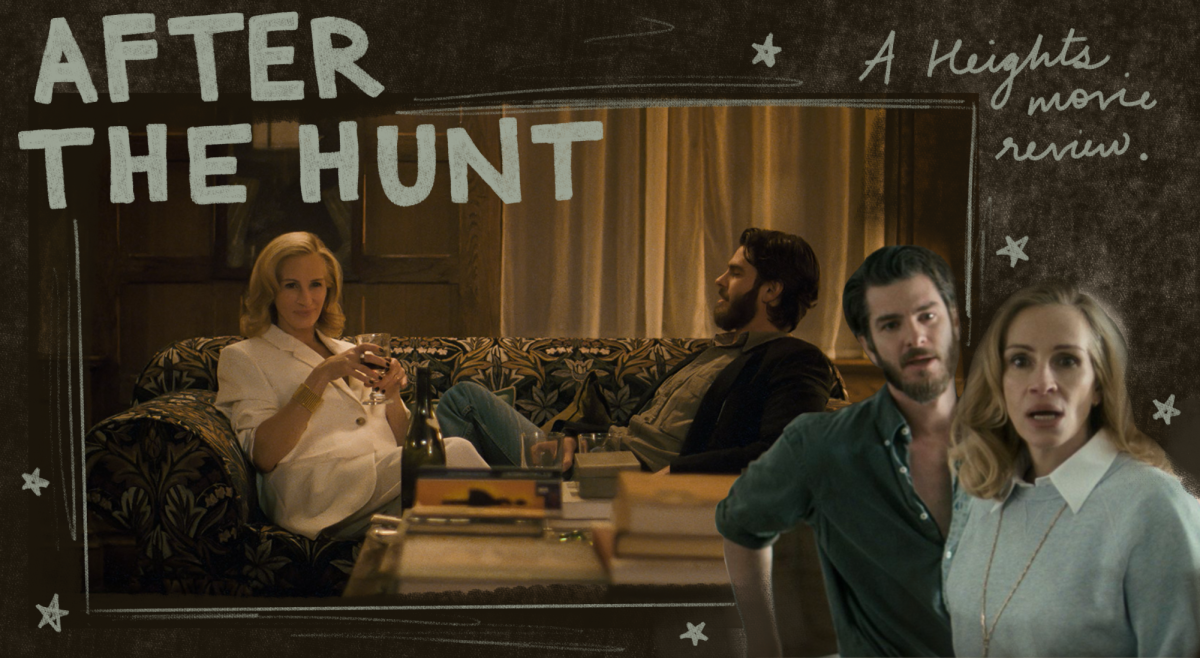★★★★★
Black Panther: Wakanda Forever introduces Marvel fans to a new, in-depth storyline of heartbreak, loss, and grief. It’s a superhero movie that faces more than metaphysical villains and apocalyptic events. It’s also a raw and emotional dissection of the movie’s hero, Black Panther.
After the record-breaking release of the first Black Panther movie in 2018—starring Chadwick Boseman, who died after a fight with colon cancer in 2020—Marvel fans built high expectations for the long-awaited sequel, Black Panther: Wakanda Forever.
The movie ventures through similar themes as its first iteration, including the fear of colonialism and conflict in political power while, of course, including thrilling fight scenes that are staples of Marvel movies.
But the film’s director, Ryan Coogler, introduces the hidden world of Talokan—an underwater country of blue beings—and the half-human villain, Namor (Tenoch Huerta) to pit another outcast country and character against Wakanda and the Black Panther.
As the Marvel cast and crew faced the tragedy of Boseman’s death in 2020 after an acclaimed acting career, there was a question of whether Marvel would recast Boseman’s character or allow a new character to put on the Black Panther suit.
The company chose not to recast the role, which left fans wondering who would take on the hero’s responsibilities. The new Black Panther suit that appears in Wakanda Forever is sculpted for the new hero and adorned with shiny gold lines, offering a touching tribute to Boseman’s character T’Challa and spotlighting the impressive costume design on the high-budget film.
Shuri (Letitia Wright) deservingly takes the lead role as the tech genius and the empowering princess of Wakanda. Rather than replacing T’Challa’s original role, Shuri joins the rising power of female characters in the Marvel universe. Similarly to the story of Scarlet Witch in WandaVision, she becomes a resilient and pertinacious character as a consequence of the many deaths she faces.
Coogler commemorates T’Challa’s legacy and Boseman’s career by allowing the characters and audience to confront death head on. He elaborates on how Shuri deals with familial deaths, bringing expressions of grief and agony to a Marvel movie.
Wright’s powerful acting grasps the pain in dealing with death as she breaks down in tears fueled by vengeance and rage.
Beyond coverage of loss in Black Panther: Wakanda Forever, the exciting car chase scene that takes place in Boston and battles on boats were expectedly immaculate. Even some touches of comedy were not over the top and were complementary to the movie’s content.
Black Panther: Wakanda Forever contains classic superhero elements in its high-tech action scenes and introduction to volatile villains and funny sidekicks. But Coogler takes a step beyond the Marvel stereotype by unpacking the taboo of mourning and grief, and he does so righteously.

